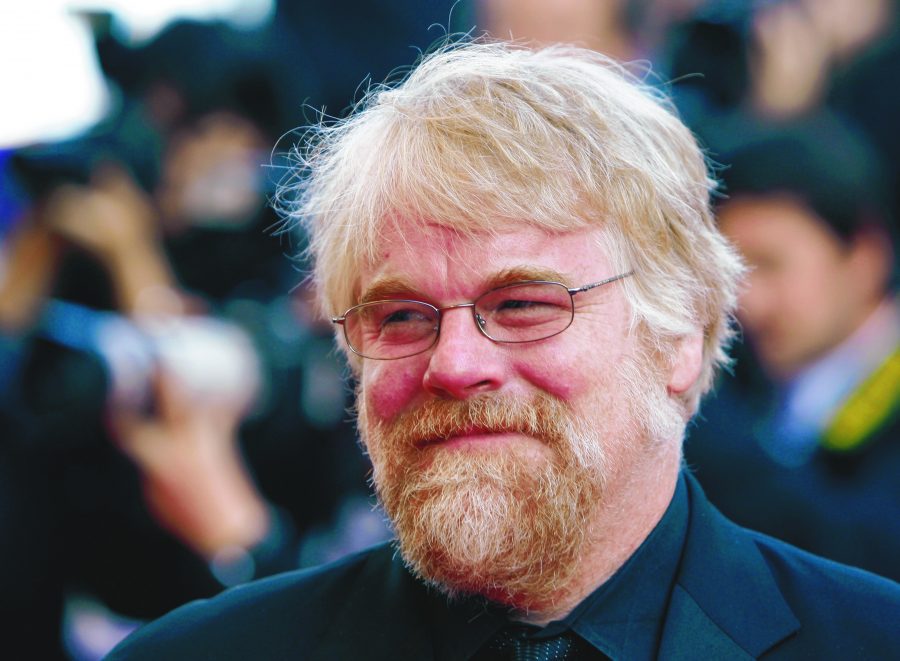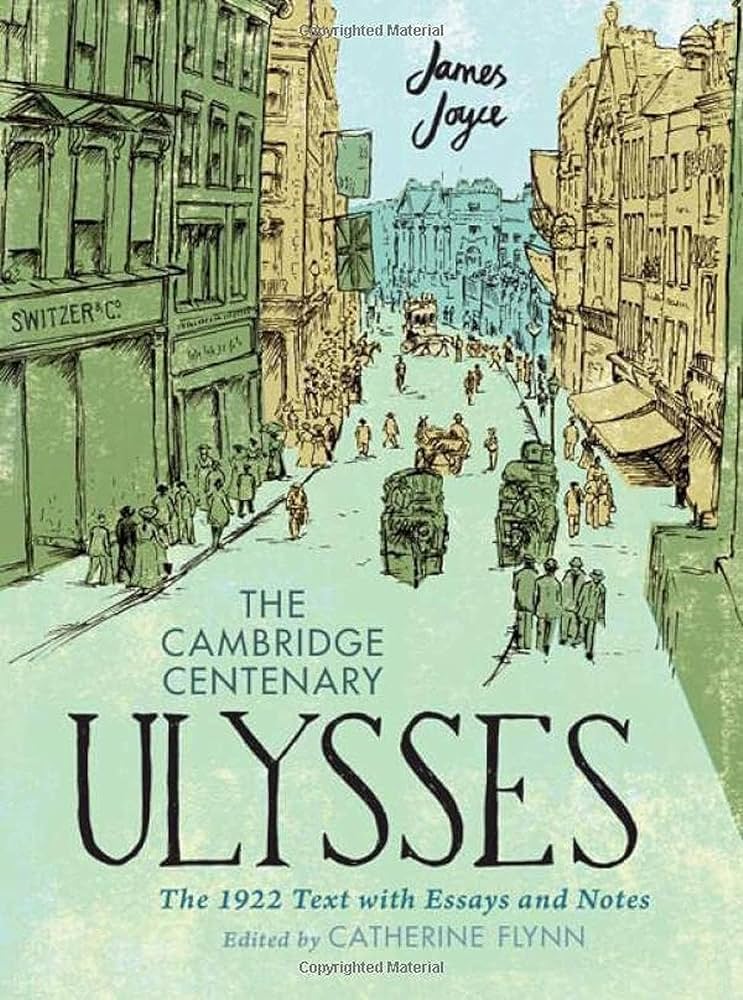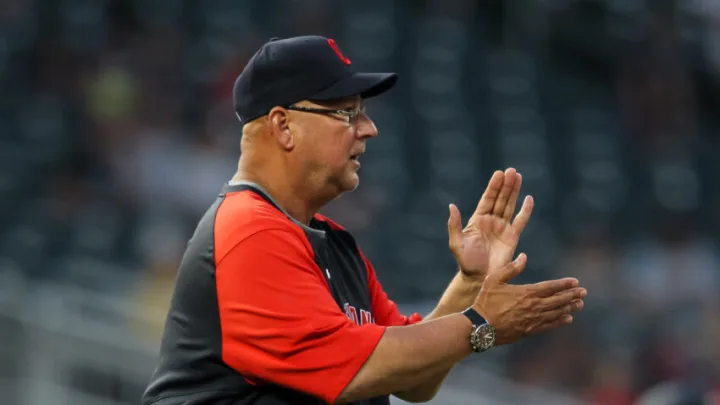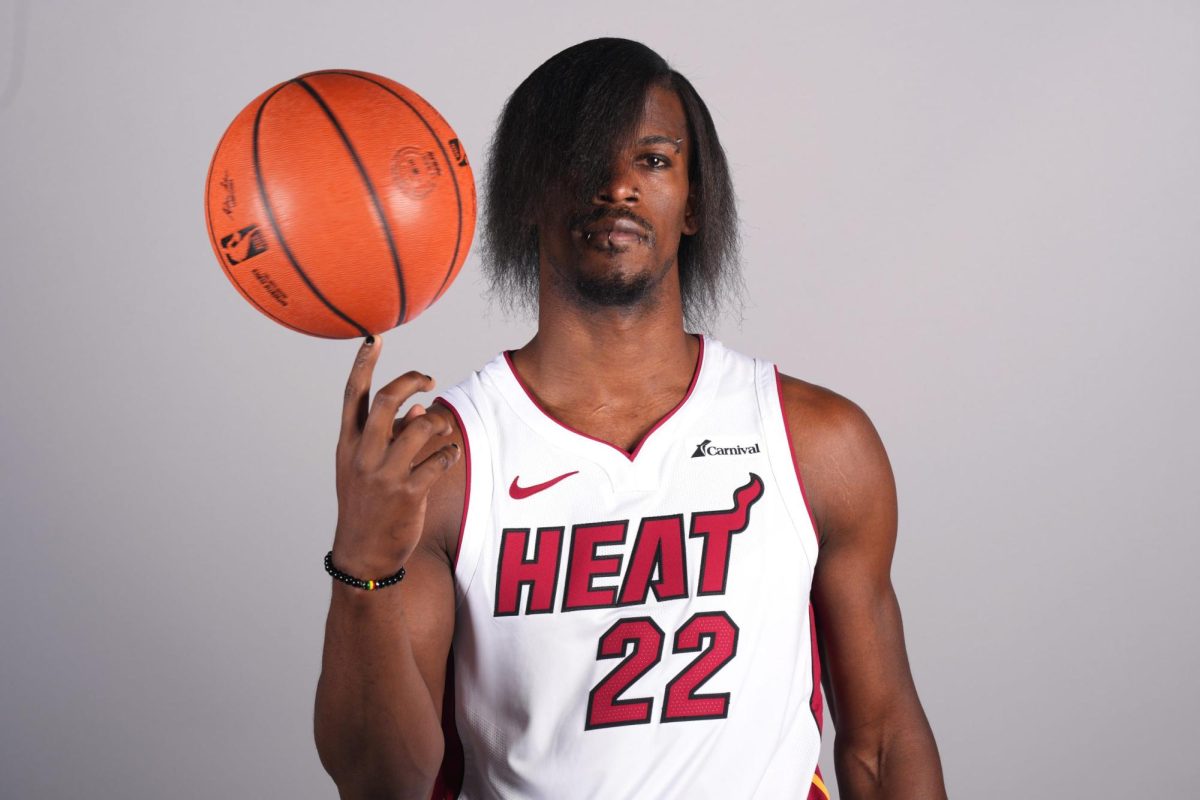Adam Jones `14
Philip Seymour Hoffman is one of the rare talents to have graced Hollywood. A star without the Adonis good looks or A-list behavior, Hoffman was a modest man whose body of work will live on forever. While a brilliant stage actor, he will undoubtedly be remembered for his diverse and ingenious work on the screen. Starting off his career with small rolls in films such as Scent of A Women, Twister, and Boogie Nights, Hoffman immediately caught the attention of the public as both a dramatic and comedic thespian. Gaining more and more momentum with each film released, audiences soon saw Philip Seymour Hoffman in works like The Big Lebowski, Patch Adams, The Talented Mr. Ripley, and Almost Famous. Role after role he was able to reinvent his characters. Never typecast, his acting was touching and emotional but laced with humanity to blur the line between actor and person.
After the early stage of his career came to a close, Philip Seymour Hoffman was ready to branch out and try bigger roles. He bounced from the obnoxious Sandy Lyle in Along Came Polly to Reverend Veasey in Cold Mountain. His ability to disappear into the fabric of a story and create the illusion that, even for a few brief lines, a part of himself was invested in the role was unparalleled. With a solid base of commercial successes and critical acclaim, Hoffman was now able to dictate the direction his career would take. However, even with this new found freedom, he continued to choose unique projects with a variety of writers and directors.
It was not until 2005 when Hoffman’s talents were finally recognized by the most important audience, The Academy of Motion Picture Arts and Sciences. His turn as Truman Capote, controversial author and public socialite, showed a shocking side to a public darling. Telling the story of Capote’s research for his book “In Cold Blood,” Capote was in instant critical success, with Hoffman’s performance immediately garnering Oscar buzz. Being able to display the dual persona of a comfortable author but tormented soul was no easy task, but Hoffman tackled the role with grace. At the Oscars in 2005 he simply said, “I’m overwhelmed” in his acceptance speech. This is a testament to the humbleness of such a gifted actor.
After his first Oscar nomination and win, Hoffman proceeded to earn another three nominations for his roles in Charlie Wilson’s War, Doubt, and The Master. Between playing a suspected priest and the founder of Scientology, Philip Seymour Hoffman would also take time to focus on more “fun” projects. He played the villain Owen Davian in Mission: Impossible III. A role that, while not necessarily critically noticed, sent chills through audiences across the country. He played a campaign manager in George Clooney’s Ides of March as well as a master violinist in The Late Quartet. What most young people will recognize him for, however, is in the teen saga The Hunger Games. Making his first appearance as game master Plutarch Heavensbee in Catching Fire, audiences immediately fell in love with his portrayal and yearned for the following two movies. But this is when the real tragedy takes place.
On February 2, 2014, Philip Seymour Hoffman was found dead in his apartment from an apparent overdose on heroin. With a needle still in his arm, the world lost a star far too early. Quoted by neighbors and a local coffee shop owner as a very down-to-earth and humble man, everyone recognized him as a true New Yorker. Hoffman was not just an actor, but also a father. He touched the lives of so many through his work, but it is the work not caught in a lens that really marked this man’s tremendous life.
To this writer, Philip Seymour Hoffman was first noticed in his film Almost Famous by Cameron Crowe. He played rock journalist Lester Bangs, and filled the screen with a sense of realism that not only shocked the young protagonist in the film, but shocked the audiences. With a touch of humor and a gift of real advice, he shaped the rest of this film. His warm smile and hearty laugh transcended cinema. Philip Seymour Hoffman will always be remembered for his work in Hollywood, and rightly so. Rest In Peace.
Philip Seymour Hoffman: 1967-2014
February 11, 2014
More to Discover











